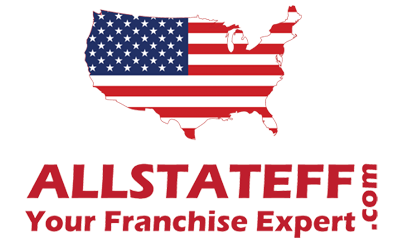Talk on the Street
Talk on the Street
Press Releases & News Articles
Franchise Opportunities for Entrepreneurs
Franchising opens many doors of opportunity for entrepreneurs. Doing business for yourself but not by yourself is a great way to kickstart your own business.
Franchising Past and Present
The broad concept of franchising dates back to before the 1800s, when local governments would grant particular individuals a licence to collect taxes and keep civil order. During the Colonial Period, those in power would grant protection and authority, in exchange for taxes and royalties, to people willing to set up colonies.
Franchising as a business has been around for decades, with the earliest franchises including Coca-Cola, Singer and Rexall. While some of these early franchises succeeded and some failed, it wasn’t until after World War II and into the 1960s that the more modern concept of franchising, as we know it today, began to emerge.
Franchising Overview
Franchising is where a company (the franchisor) allows an individual (the franchisee) to buy into their business to promote and sell the brand product or service. In exchange for an upfront fee as well as ongoing royalty costs to the franchisor, the franchisee becomes a business owner working within the framework of the particular franchised business model. The franchisee has the benefit of tried and tested business systems and methods, an already-established brand name and franchisor marketing and advertising.
Franchising is one of the most successful business models used across the United States.
Franchising an Ideal Option for Entrepreneurs
The reason franchising is an ideal option for entrepreneurs is because it allows entrepreneurial individuals to become owners of their own business. The majority of franchisees have the opportunity to grow the business as big as they desire, choosing to open one unit or multiple units across a designated area. Entrepreneurs desire to be independent, working to make their business successful and rewarding. With set systems put in place by the franchisor, the franchisee entrepreneur has the flexibility to work within a successful framework while maintaining control of his or her business development and growth.
Types of Franchise Ownership
Single unit franchise ownership allows the franchisee to own and operate one unit. Single-unit operators often tend to work hands-on in the daily running of the business.
Entrepreneurs who have successfully managed a single unit often look to becoming multi-unit operators. The multi-unit operator owns more than one franchise unit and oversees each location, focussing more of business development as opposed to the hands-on daily running of each particular unit.
An area developer tends to have a large geographical area within which he or she has the right to open a large number of units.
From here, entrepreneurs can also take on greater business development and become a master franchisee. A master franchisee is like a sub-franchisor; they look for other individuals to open units within a set geographical location. The master franchisee receives up-front franchise fees as well as ongoing royalty fees from each franchisee within his or her master franchise area. In turn, the master franchisee pays royalty fees to the overarching, original franchisor.
Franchise Experts ALLSTATEFF.COM
All State Franchise Finders have long been considered the franchising experts because of their vast wealth of knowledge and experience in the franchising industry. Derek Cafferata, CEO and President of All State Franchise Finders, and his team work with a large number of people looking into the idea of franchising, whether it be franchising their own business or buying into an already established franchise chain.
Anyone considering moving into franchising should contact All State Franchise Finders on 1-800-544-2161 or visit allstateff.com today. Talk to one of the team at ALLSTATEFF.COM to ensure you get the best advice and guidance on franchising.









